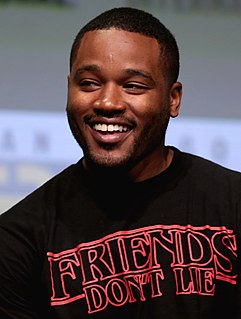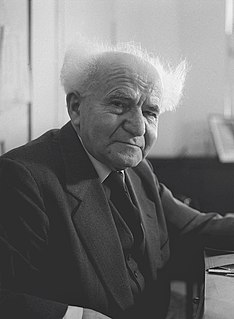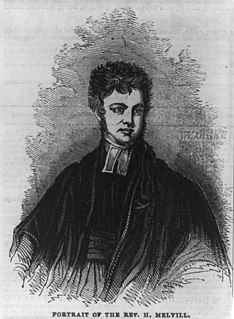A Quote by Hannah
The vicarious responsibility for things we have not done, this taking upon ourselves the consequences for things we are entirely innocent of, is the price we pay for the fact that we live our lives not by ourselves but among our fellow men, and that the faculty of action, which, after all, is the political faculty par excellence, can be actualized only as one of the many and manifold forces of human community.
Related Quotes
The virtue of a faculty is related to the special function which that faculty performs. Now there are three elements in the soul which control action and the attainment of truth: namely, Sensation, Intellect, and Desire. Of these, Sensation never originates action, as is shown by the fact that animals have sensation but are not capable of action.
We look at the African-American community, for a long time those of us who be considered strong - black men - for whatever reason, haven't done a good job of taking care of the weak. And we were doing things that render taking care of our youth and taking care of our women and our families impossible, when our lives are taken.
Conscience, the sense of right, the power of perceiving moral distinctions, the power of discerning between justice and injustice, excellence and baseness, is the highest faculty given us by God, the whole foundation of our responsibility, and our sole capacity for religion. ...God, in giving us conscience, has implanted a principle within us which forbids us to prostrate ourselves before mere power, or to offer praise where we do not discover worth.
It is rare that we use our thinking faculty as resolutely as an irishman his spade. To please our friends and relatives we turn out our silver ore in cartloads, while we neglect to workour mines of gold known only to ourselves far up in the Sierras, where we pulled up a bush in our mountain walk, and saw the glittering treasure. Let us return thither. Let it be the price of our freedom to make that known.
When we say that the Arabs are the aggressors and we defend ourselves — this is only half the truth. As regards our security and life we defend ourselves and our moral and physical position is not bad. We can face the gangs... and were we allowed to mobilize all our forces we would have no doubts about the outcome... But the fighting is only one aspect of the conflict which is in its essence a political one. And politically we are the aggressors and they defend themselves. Militarily, it is we who are on the defensive who have the upper hand but in the political sphere they are superior.
In order to find God in ourselves, we must stop looking at ourselves, stop checking and verifying ourselves in the mirror of our own futility, and be content to be in Him and to do whatever He wills, according to our limitations, judging our acts not in the light of our own illusions, but in the light of His reality which is all around us in the things and people we live with.
We leave something of ourselves behind when we leave a place. We stay there even though we go away and there are things in us we can find again only by going back there. We travel to ourselves when we go to a place. We have covered a stretch of our life no matter how brief it may have been but by traveling to ourselves we must confront our own loneliness. And isn’t it so that everything we do is done out of fear of our loneliness? Isn’t that why we renounce all the things we will regret at the end of our life?
Then may we not fairly plead in reply that our true lover of knowledge naturally strives for truth, and is not content with common opinion, but soars with undimmed and unwearied passion till he grasps the essential nature of things with the mental faculty fitted to do so, that is, with the faculty which is akin to reality, and which approaches and unites with it, and begets intelligence and truth as children, and is only released from travail when it has thus reached knowledge and true life and satisfaction?
































